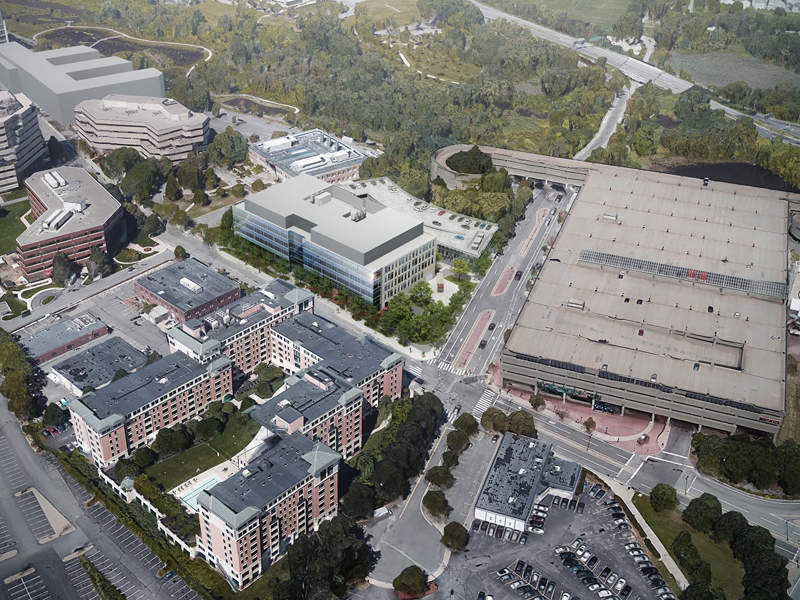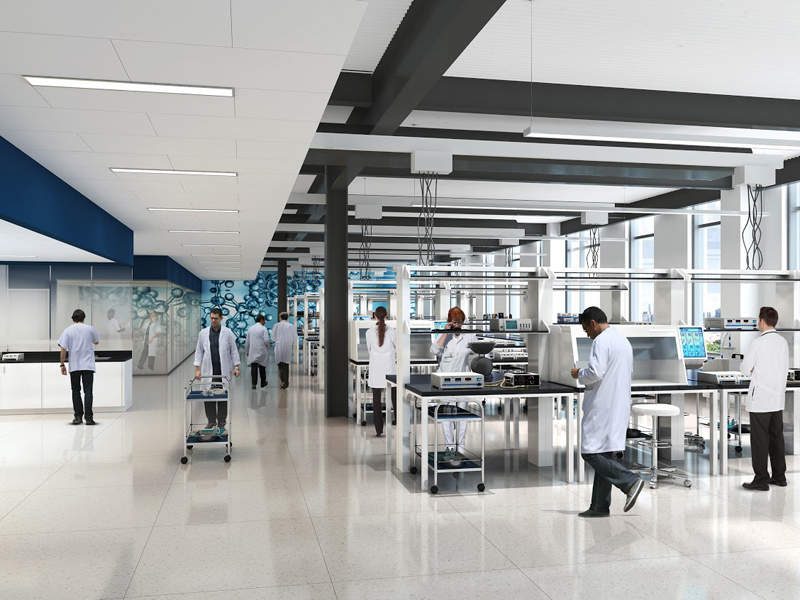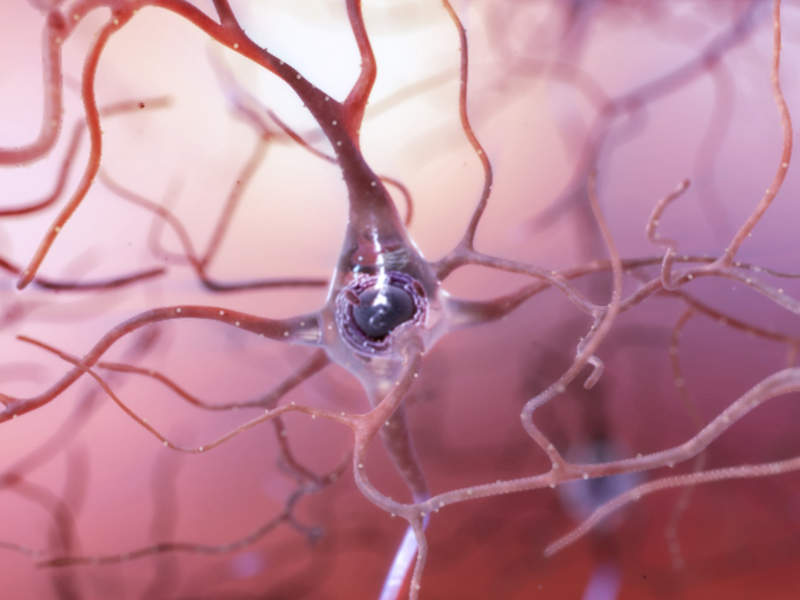The Eisai Centre for Genetics Guided Dementia Discovery (G2D2) is being developed at the Alewife Research Centre in Cambridge, Massachusetts.
Announced in July 2018, the $100m exploratory research facility will be housed in one of the world’s leading biotechnology clusters.
The facility aims to create next-generation medicines for Alzheimer’s disease (AD) and other forms of dementia. It is a part of Eisai’s EWAY2025 mid-term strategy, which aims to use human genetics as a base to carry out studies related to dementia.
The facility is expected to begin operations in the first quarter of 2019. It will serve as a replacement for the Andover innovative Medicines (AiM) Institute, which is planned to close.
Eisai aims to discover and introduce compounds from the facility by 2020. Once opened, G2D2 is expected to employ 70 people.
Location of Eisai’s G2D2 facility
G2D2 will be located in the Alewife Research Centre (ARC) on Cambridge Park Drive in Cambridge, Massachusetts.
The ARC is a state-of-the-art Leadership in Energy and Environmental Design (LEED) Silver-certified research facility being developed to provide flexible laboratory space and research and development (R&D) spaces for life science and pharmaceutical companies.
The Cambridge biotech hub was chosen as the location for the facility as it provides access to collaborations with research institutes and strategic partners. The location is expected to enhance partnerships with researchers and encourage open innovation initiatives and studies to promote immuno-dementia drug discovery.
The facility lies in close proximity to major private research organisations and academic institutions such as Harvard University, the Massachusetts Institute of Technology and Tufts University.
Facilities at Eisai Centre for Genetics Guided Dementia Discovery
G2D2 will span a 50,000ft² area. It will focus on R&D, creating drug delivery systems and identifying next-generation dementia therapeutics to help patients and their caretakers.
The research centre will allow Eisai to focus on developing new approaches for drug discovery. It will use genetic information to control neural inflammation, which is the root cause of dementia combined with the accumulation of amyloid beta (Aβ) and tau in the blood.
The new facility will integrate various research milestones achieved by the AiM Institute in human genetics, neuro-biology, immune-biology and precision chemistry.
G2D2 will carry out genetic analyses of dementia and studies focused on neural inflammation using multiple proteins expressed on microglia as research targets. Its research focus will be grouped into data science, immuno-dementia biology, discovery science and chemistry.
Details of Eisai’s Andover innovative Medicines Institute
The AiM Institute is an innovation unit located in the Boston biopharma hub in Andover, Massachusetts.
The institute carries out research targeting key areas such as immuno-dementia, immuno-oncology and autoimmune indications.
The facility has 90 scientists carrying out research on novel therapeutic target validation studies on human genetics. It also develops precision medicines for certain difficult-to-treat medical conditions such as dementia, cancer and auto-immune diseases.
Marketing commentary on Eisai
Headquartered in Tokyo, Eisai is a pharmaceutical company dedicated to the discovery and development of pharmaceutical products in the areas of neurology, oncology, Alzheimer’s disease, epilepsy and metabolic disorders.
Eisai has been working to accumulate knowledge of, create and discover drugs in the area of dementia since 1983. The company began its research activities in the area of dementia at the Tsukuba Research Laboratories in Japan.
The company is working on accumulating data for the timely transformation of symptoms, immuno-dementia therapy and brain maintenance system. Pipeline products currently being researched and developed by Eisai include Aducanumab, Elenbecestat, BAN2401, Lemborexant, E2027 and E2814.





